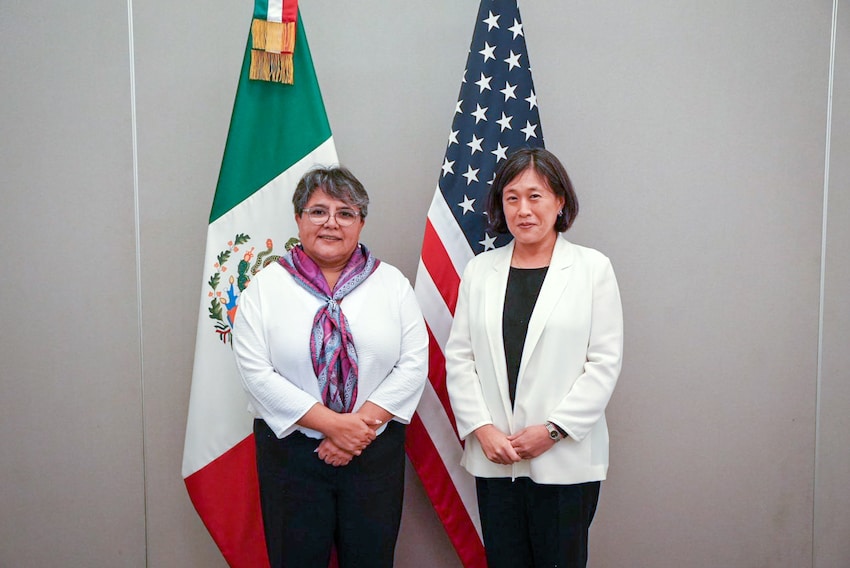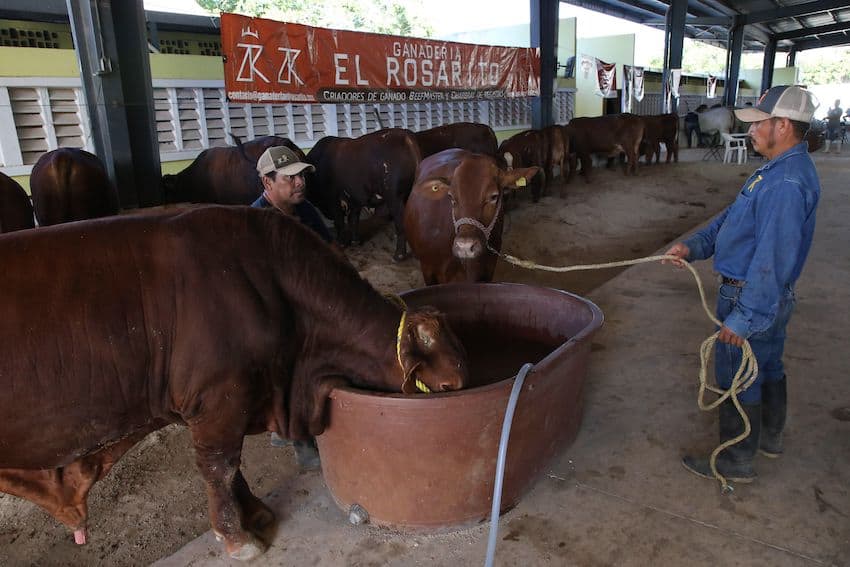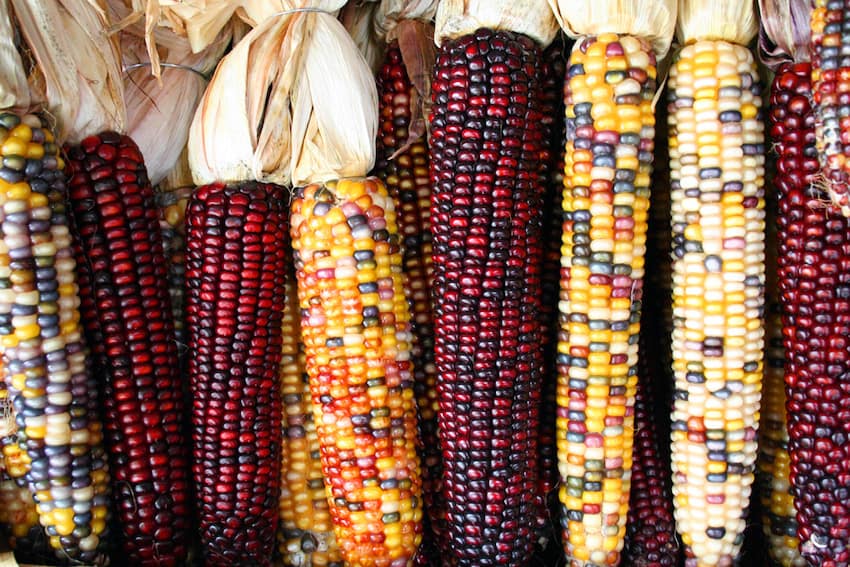A feud between Mexico and the United States over genetically modified corn is set to intensify after the U.S. government announced that it is requesting the establishment of a dispute settlement panel to resolve the issue.
The United States is opposed to Mexico’s plan to ban the importation of GM corn for use in dough and tortillas by 2024 and gradually phase out imports of GM maize for any kind of human consumption and for use as animal feed at an unspecified later date depending on supply.

United States Trade Representative Katherine Tai announced Thursday that the U.S. is seeking the establishment of a dispute settlement panel under the North American free trade pact, USMCA, to rule on “certain Mexican measures concerning biotech corn.”
“The United States is challenging measures set out in Mexico’s February 13, 2023 decree, specifically the ban on use of biotech corn in tortillas or dough, and the instruction to Mexican government agencies to gradually substitute — i.e., ban — the use of biotech corn in all products for human consumption and for animal feed,” Tai’s office, the USTR, said in a statement.
“Mexico’s measures are not based on science and undermine the market access it agreed to provide in the USMCA,” it added.
Mexico’s Economy Ministry (SE) acknowledged that it had been formally notified of the USTR’s intention to settle the matter via a panel and asserted that it doesn’t agree with the United States’ belief that the Mexican government is violating the USMCA.

“The Economy Ministry is prepared to defend the Mexican position before this international panel and prove that national regulations are consistent with the commitments subscribed to in the [trade] agreement and that the measures challenged [by the U.S.] have no commercial impact,” the SE said.
Most of the corn consumed by Mexicans is grown in Mexico, but large quantities of yellow corn are imported from the United States to feed livestock. Those imports are worth about US $5 billion per year.
Citing timeframes set out in the USMCA, the SE said it had calculated that the dispute settlement panel will reach a decision some time in 2024.
“One of the advantages of the USMCA is that it has clear rules to resolve disagreements between trade partners and thus provide certainty to all parties,” the ministry said.

President López Obrador, who believes that GM corn is harmful to human health and poses a threat to native maize strains, asserted earlier this year that Mexico’s decision to phase out imports of GM corn for human consumption doesn’t violate its commitments under the USMCA.
“No agreement in the world allows goods that are harmful to health to be bought or sold,” he said. “In the … [USMCA] there are clauses that protect consumers, just as the environment and workers are protected,” he said in March.
If the panel rules in the United States’ favor and Mexico doesn’t change its stance on GM corn, the U.S. would likely impose punitive tariffs on certain Mexican imports.
The United States’ decision to resort to a panel comes after technical consultations requested by the U.S. in March and dispute settlement consultations requested in June failed to resolve the bilateral conflict.

“Throughout our engagements, the United States has been clear that it would consider all options, including further steps to enforce U.S. rights under the USMCA, if Mexico did not return to science- and risk-based biotechnology policies that are in compliance with USMCA commitments. Through the action announced today, we will seek to resolve U.S. concerns fully,” the USTR said.
Tai said that “through the USMCA dispute panel, we seek to resolve our concerns and help ensure consumers can continue to access safe and affordable food and agricultural products.”
“It is critical that Mexico eliminate its USMCA-inconsistent biotechnology measures so that American farmers can continue to access the Mexican market and use innovative tools to respond to climate and food security challenges,” she said.
United States Agriculture Secretary Tom Vilsack said that “Mexico’s approach to biotechnology is not based on science and runs counter to decades’ worth of evidence demonstrating its safety and the rigorous, science-based regulatory review system that ensures it poses no harm to human health and the environment.”
Tom Haag, president of the U.S. National Corn Growers Association, said that the U.S. government had “no other choice but to turn to a third-party panel in hopes of quickly rectifying” the GM corn dispute with Mexico.
“We are deeply appreciative of USTR for standing up for America’s corn growers,” he said.
Mexico News Daily

